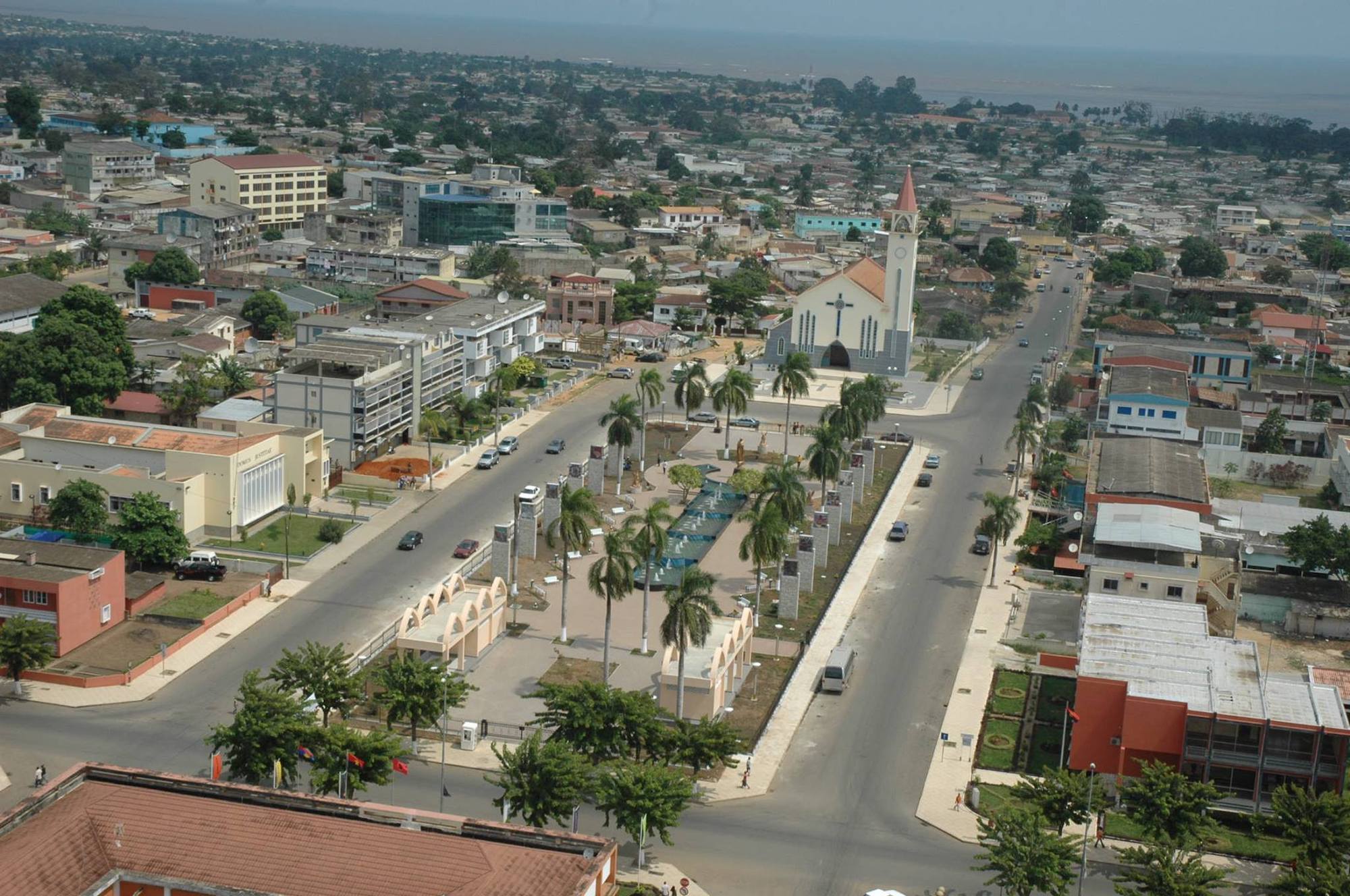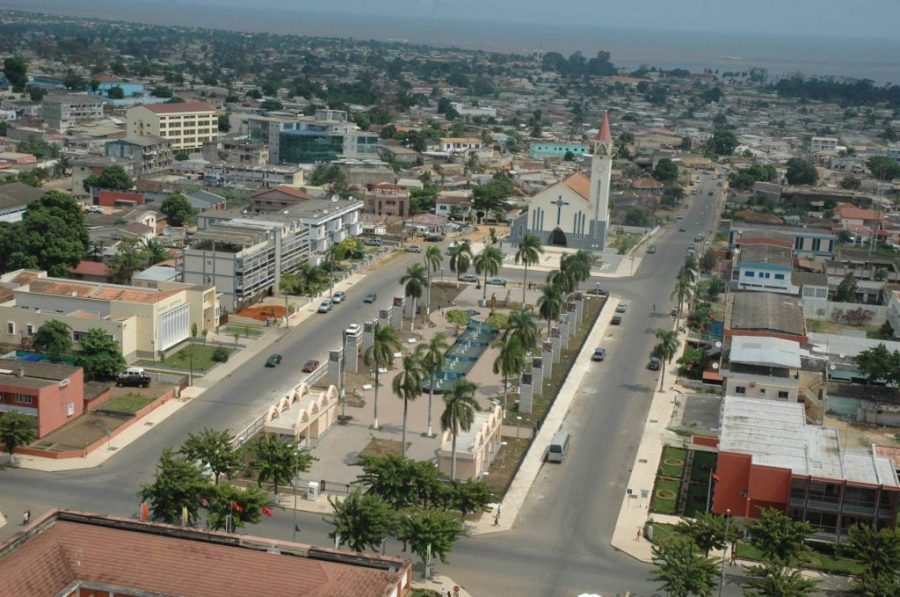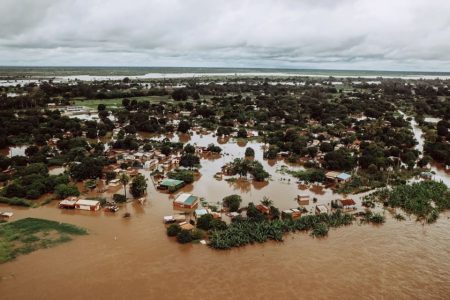A water supply project in Angola’s northwestern province of Cabinda, built by the China Railway 20th Bureau Group Angola International Company, will cover 24,000 households or 92 per cent of the province’s residential communities.
Zhu Qihui, chairman of the board of the group’s subsidiary in Angola, said the project was completed in June and comprises 74 centralised water supply points, able to supply water 24 hours a day, seven days a week.
This, Zhu told Xinhua, will significantly relieve the supply shortage facing local industries, schools and port transportation in Cabinda.
Despite rich water resources from rivers and lakes throughout Angola, poor water quality and lack of water-related infrastructure in the country have long limited access to safe drinking water for people and hindered the development of industries.
“Angola is not short of water, but the water resources are not used efficiently. Thanks to the Chinese companies, the situation is improving,” said Angolan Minister of Economy and Planning Mario Augusto Caetano João.
“Chinese companies have brought technology and experience to improve local livelihoods and revitalise sustainable development.”
In the southern Angolan province of Cunene, seasonal drought no longer threatens residents after Lot 1 and Lot 2 of the Infrastructure Project to Combat the Effects of Drought in Cunene Province, implemented by the Power Construction Corporation of China (PowerChina), was commissioned in April.
With channels connecting the Cunene River and facilities such as water intake pumping stations and reservoirs, the project can transfer water from the river to dry areas, allowing for irrigation of arable land when rains fail.
The project can meet the water needs of 235,000 people and support irrigation for 5,000-hectare agricultural land, said Zhao Yong, general manager of the South and West Africa Branch of STECOL Corporation under PowerChina.
In the Kwanza River, one of the longest rivers in Angola, the Caculo Cabaca hydropower plant project, built by China’s Gezhouba Group, is dubbed the “Three Gorges Project in Africa,” and its construction is in full swing.
Upon the completion of the hydropower plant, it will meet more than 40 per cent of the country’s power supply demand and reduce greenhouse gas emissions by about 7.2 million tons annually.
The income from power generation will support the renovation of local infrastructure and natural conservation, and the reservoir will boost flood control capacity and enhance water resource utilisation, said Chen Yonggang, the project manager.
Chen said that the hydropower project would create more than 6,000 local jobs and train a cadre of construction and management professionals for Angola.






